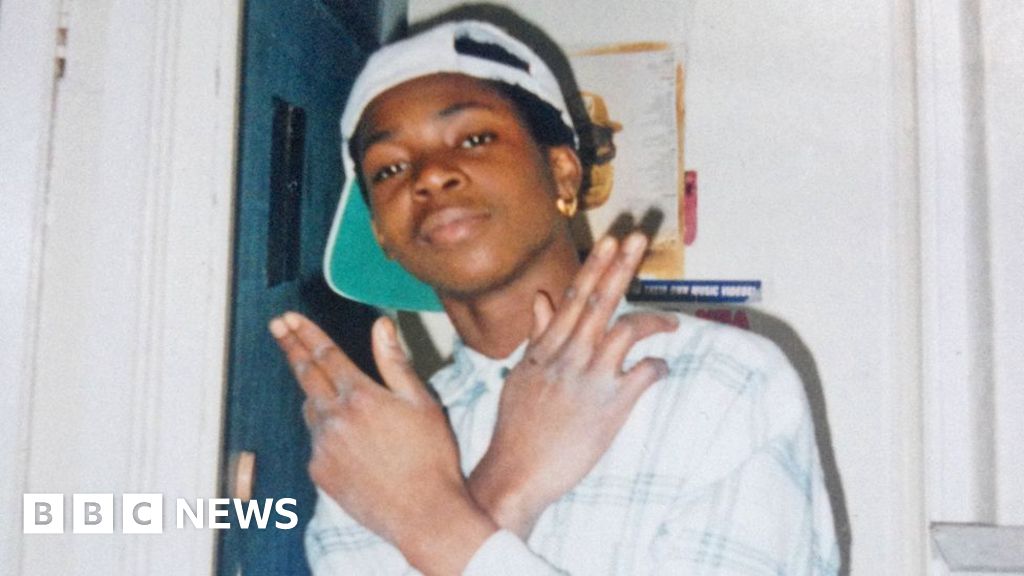A pretty village in southwest Turkey, some 450 miles from Istanbul and home to just 120 villagers has left doctors baffled by a widespread disability problem. More than half of its population are deaf and non-verbal.
The issue is so rampant that signing has become the standard language. Gokova, a village boasting turquoise waters and impressive mountains, is so remote that it rarely receives newcomers. Several theories, from inbreeding to poisoning, have been raised as to why so many are deaf, reports The Mirror.
Some people have previously blamed alleged inbreeding as a plausible cause for the widespread disabilities which plague almost every family. Resident Rahmi Çizin revealed that there are 48 disabled individuals in the neighbourhood, all in need of care.
“We do not know if this situation is due to cousin marriage or the water, but the rate of disability in the village is very high.”
Others say generations of water pollution have slowly poisoned locals.
Local mayor Eyup Tozn said: "I think this is not caused by inter-marriage, but because of unhealthy water sources.
"We've learned to rely on sign language as a community but any outsiders have trouble communicating."
Heavy metals like iron and arsenic and chemical contamination from industrial waste have all been linked to deafness.
One villager, Sati Tozun, described the village as “completely disabled”, revealing that four of their children live with disabilities “and one of them has three children, all deaf and mute”.
The case is reminiscent of Dhadkaie, an isolated village in Kashmir, India, which is home to around 2,800 residents and is believed to have the highest prevalence of deaf-mutism in the world.
Here, villages are said to bang on drums when babies are born, searching for signs of a response to the sound to figure out whether the newborn is deaf.
Doctors have theorised that the condition is the result of generations of intermarriage within Dhadkaie's small community. According to government data, at least 83 people, mostly women, are affected by a defective gene, impacting 55 families in the village.
“Birth of a child is a celebration in every family but here it brings horror. We anxiously want to see that newborn is not deaf,” said village chief Muhammad Haneef to The Telegraph in 2022. “It feels awful when you have a family where most people can’t speak. This silence is killing, painful.”

 2 days ago
4
2 days ago
4










 English (US) ·
English (US) ·